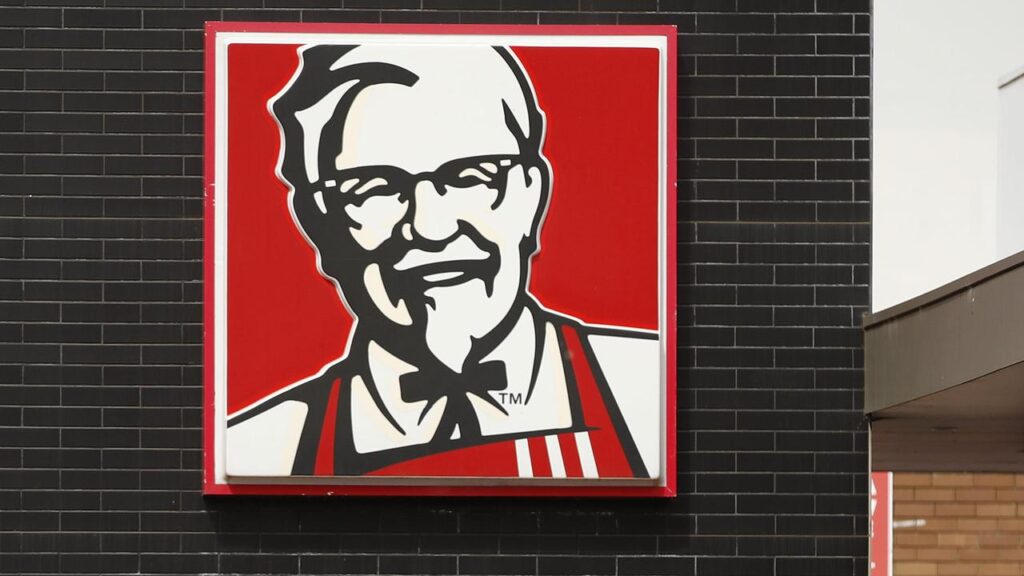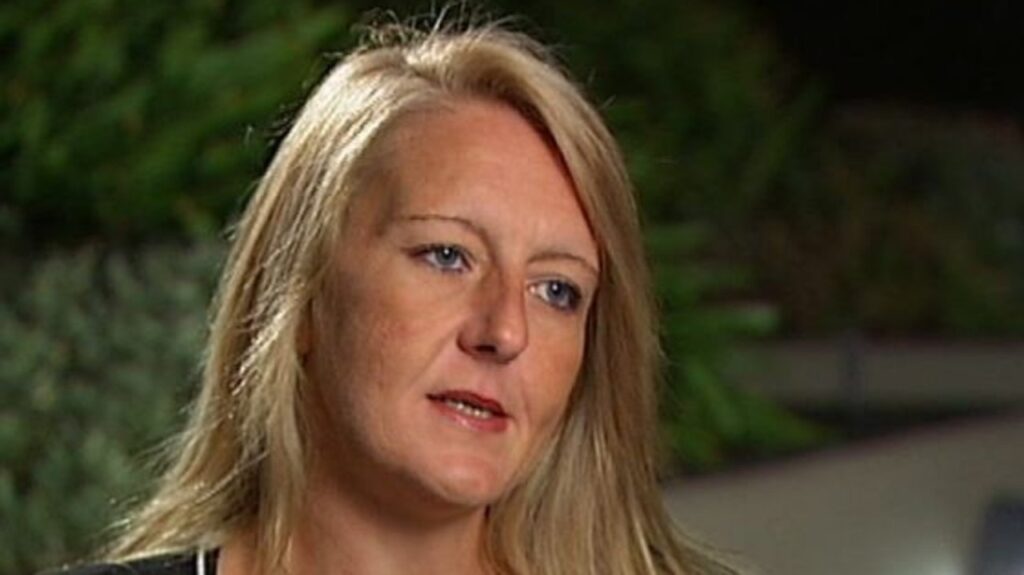‘Rip-off’: $2.75 Telstra fee stuns
Written by admin on August 28, 2024
A Sydney man is flummoxed over being charged $2.75 to pay his Telstra bill.
Patrick rang 2GB’s Ben Fordham on Wednesday to air concerns about his cash conundrum.
He says when he goes into the Telstra store in Penrith to pay his bill, in cash, there is a $2.75 non-electronic payment surcharge.
Telstra and many other businesses do this, as it costs the company money to process the cash or cheques people still use.
Two-thirds of Telstra customers who receive a paper bill are not charged the $2.75 because they have either a healthcare, pension or veteran card or they don’t have an email address, can’t access the internet or live in a remote community.
“It’s just ridiculous mate,” Patrick opined on live radio.
“I questioned it two, three months and they couldn’t give me an answer so I just kept on paying it.
“If I did direct debit, I wouldn’t be charged at all.”
Patrick said his parents and other elderly people paid cash too.
“Not everyone is computer literate. I think it’s just a bit of a rip-off to be honest,” he said.
Recent surveys have shown there is a divide between how small businesses want customers to pay and how the public actually wants to pay for their goods.
A survey by small business accounting outfit Xero earlier this month found 25 per cent of Australian shoppers still rely on cash and cheques when making a purchase.
But 41 per cent of consumers rarely use cash or cheques and only do so when a business asks for it.
Small businesses were hesitant to adopt Apple Pay and Google Pay, and even traditional debit and credit facilities, Xero’s Australian sales director Theo Konstantas said.
“Aussie consumers are increasingly embracing digital payment methods, particularly younger generations,” he said.
But while small businesses typically prefer cash, big businesses have passed on the costs of processing cash and cheques for years.
In June, Australia’s last cash transport company, Armaguard, had to rely on a $50m bail out from its eight largest customers ANZ, Australia Post, Bunnings, Coles, Commonwealth Bank, NAB, Westpac and Woolworths.
Armaguard blamed the rapidly declining use of cash for its financial trouble, with cash purchases falling from more than 60 per cent in 2010 to 13 per cent in 2022.
Armaguard had been struggling ferrying around smaller amounts of cash, hence businesses were spending more money securing and then paying to transport it.
Responding to Patrick’s concern, a Telstra spokesperson said it was simple to avoid these fees by switching to electronic billing and payments.
“Electronic options are our preferred billing and payment methods, which is in step with global and local trends in billings and payments across a range of utilities, telcos and service providers,” the spokesperson said.
There was a range of criteria (listed above) that made someone eligible to have the fee waved as well, they said.
Telstra was attempting to contact Patrick to find out why he chooses to pay in cash.
Read related topics:Sydney






